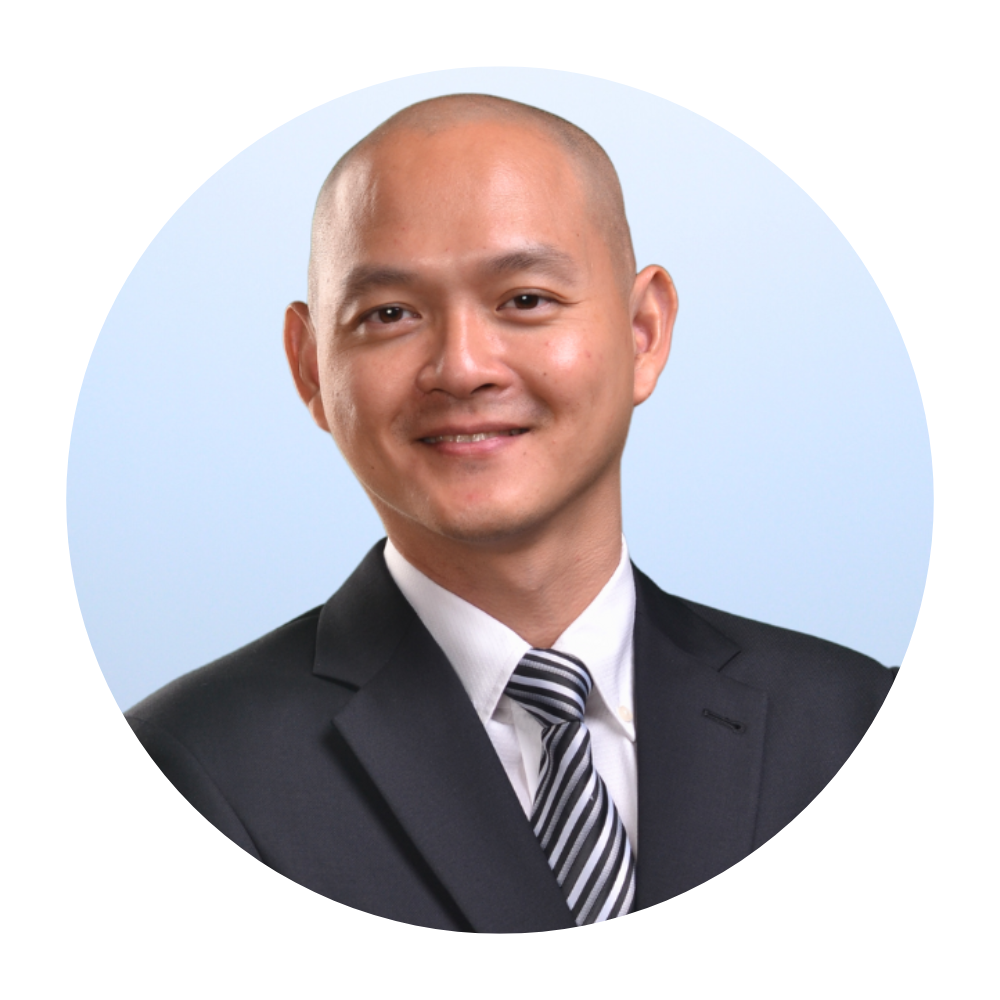When world leaders make big decisions, it’s easy to assume they only affect their own countries. After all, what does a policy change in the United States have to do with Malaysia? But in today’s hyper-connected world, global politics doesn’t stop at national borders.
Take, for example, President Trump’s decision to cut funding for USAID (U.S. Agency for International Development)—an organisation that provides assistance to communities in need worldwide. At first glance, this might seem irrelevant to Malaysia. But the truth is, it could have unexpected consequences right here at home—from job losses to an increase in refugees seeking safety in our country.



